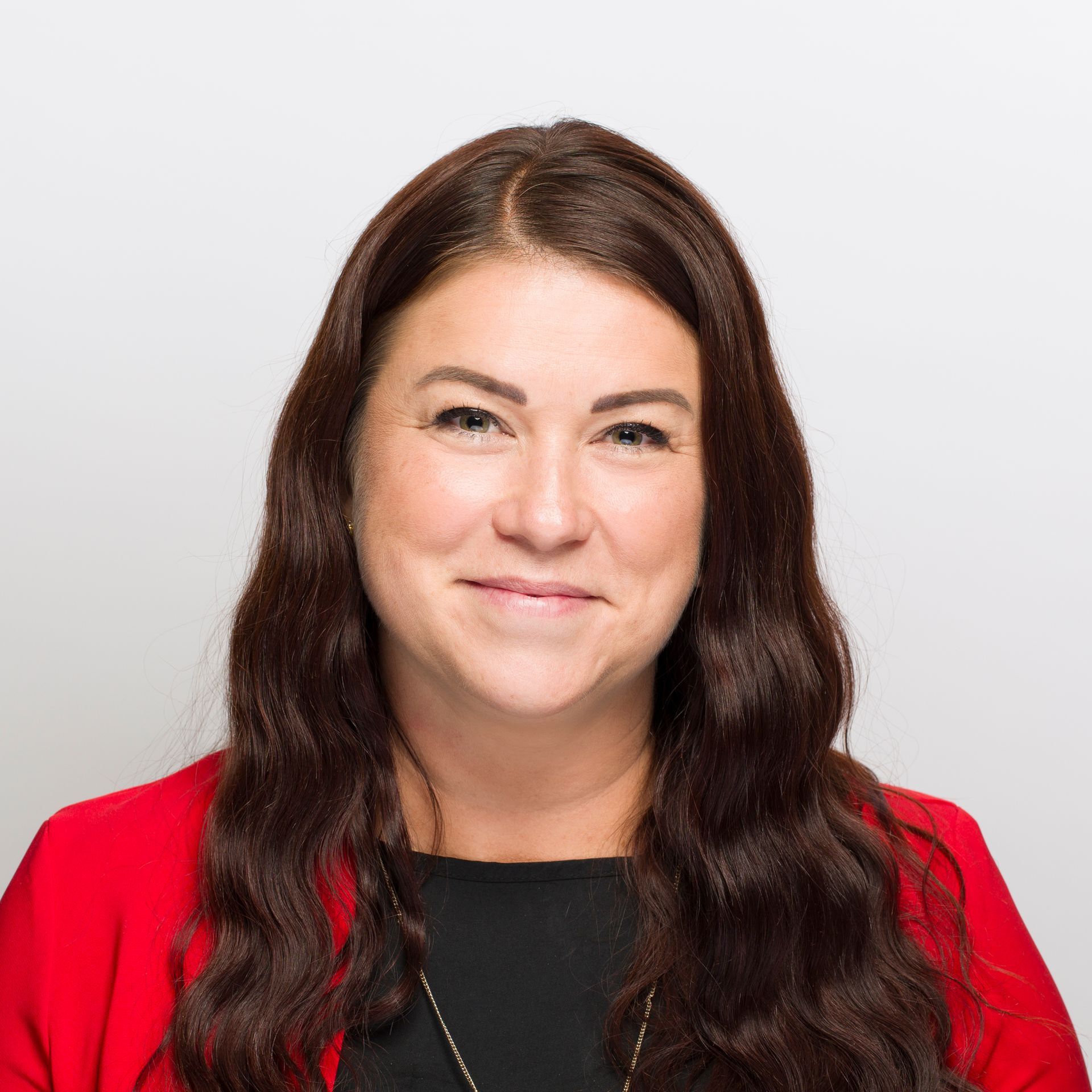10 Most Common Mortgage Questions
10 Most Commonly Asked Mortgage Questions
Home
/ 10 Most Commonly Asked Mortgage Questions
10 Most Common Questions Download Guide
10 Most Common Commonly Asked Mortgage Questions
Most lenders look at four factors when determining whether you qualify for a mortgage:
10 Most Common Commonly Asked Mortgage Questions
1. What’s the best rate I can get?
- Your credit score plays a big part in the interest rate for which you will qualify, as the riskier you appear as a borrower, the higher your rate will be.
- Rate is very often one most important aspects of a mortgage consumers focus on, however, the lowest are very often no frills mortgage products. In other words, even if you qualify for the lowest rate, you sometimes must give up other things such as prepayments and porting privileges when opting for the lowest-rate product. This may not actually be what’s best for your specific needs in a mortgage.
2. What’s the maximum mortgage amount for which I can qualify?
- To determine the amount for which you will qualify, there are two calculations you’ll need to complete.
1) Your Gross Debt Service (GDS) ratio. GDS looks at your proposed new housing costs (mortgage payments, taxes, heating costs and 50% of strata/condo fees, if applicable).
a. Generally speaking, this amount should be no more than 35% of your gross monthly income.
b. For example, if your gross monthly income is $4,000, you should not be spending more than $1400 in monthly housing expenses.
2) Your Total Debt Service (TDS) ratio. The TDS ratio measures your total debt obligations (including housing costs, loans, car payments and credit card bills).
a. Generally speaking, your TDS ratio should be no more than 42% of your gross monthly income. Keep in mind that these numbers are prescribed maximums and that you should strive for lower ratios for a more affordable lifestyle.
- Before falling in love with a potential new home, you may want to obtain a pre-approval with a professional mortgage agent. This will help you stay within your price range and spend your time looking at homes you can reasonably afford.
3. How much money do I need for a down payment?
- The minimum down payment required is 5% of the purchase price of the home. In order to avoid paying mortgage default insurance (CMHC fees), you need to have at least a 20% down payment. You will also be subject to the stress test when there is less than 20% down.
4. What happens if I don’t have the full down payment amount?
- There are programs available that enable you to use other forms of down payment, such as from your RRSPs, a cash-back product, a gift or using available credit sources.
5. What will a lender look at when qualifying me for a mortgage?
Most lenders look at four factors when determining whether you qualify for a mortgage:
1) Income: A lender will consider is how much of your total income you’ll be spending on
housing. This helps the lender decide whether you can comfortably afford a house.
2) Debts: A lender will then look at your debts, which generally include monthly house
payments as well as payments on all loans, credit cards, child support, etc.
3) Employment History: A history of steady employment, usually within the same job for
several years, helps you qualify. But a short history in your current job shouldn’t prevent
you from getting a mortgage, as long as there have been no gaps in income over the
past two years.
4) Credit History: Good credit is also very important in qualifying for a mortgage. The
lender will also want to know that the house is worth the price you plan to pay.
6. Should I go with a fixed- or variable-rate mortgage?
- The answer to this question depends on your personal risk tolerance.
- If, for instance, you’re a first-time homebuyer and/or you have a set budget that you can comfortably spend on your mortgage, it’s smart to lock into a fixed mortgage with predictable payments over a specific period of time.
- If, however, your financial situation can handle the fluctuations of a variable-rate mortgage, this may save you some money over the long run. Another option is to opt for a variable rate, but make payments based on what you would have paid if you selected a fixed rate.
- Finally, there are also 50/50 mortgage options that enable you to split your mortgage into both fixed and variable portions. These options are most often when you have 20% down or more on your new home.
7. What credit score do I need to qualify?
- Generally speaking, you’re a prime candidate for a mortgage if your credit score is 680 and above. The higher you can get above 700 the better, as you will qualify for the lowest rates.
- These days almost anyone can obtain a mortgage, but the key for those with lower credit scores is the size of the down payment.
- If you have a sufficient down payment, you can reduce the risk to the lender providing you with the mortgage. Statistics show that default rates on mortgages decline as the down payment increases.
8. What happens if my credit score isn’t great?
- There are several things you can do to boost your credit quickly.
- Following are five steps you can use to help attain a speedy credit score boost:
1) Pay down credit cards. The number one way to increase your credit score is to pay down your
credit cards so they’re below 70% of your limits. Revolving credit like credit cards seems to have
a more significant impact on credit scores than car loans, lines of credit, and so on.
2) Limit the use of credit cards to small amounts. Racking up a large amount and then paying it off
slowly in monthly installments can hurt your credit score.
3) Check credit limits. If you happen to be just $1 over your credit limit when your monthly
statement is issued this can have massive negative ramifications
4) Keep old cards. Older credit is better credit. If you stop using older credit cards, the issuers may
stop updating your accounts. As such, the cards can lose their weight in the credit formula and,
therefore, may not be as valuable – even though you have had the cards for a long time. Use
these cards periodically and then pay them off.
5) Don’t let mistakes build up. Always dispute any mistakes or situations that may harm your score.
If, for instance, a cell phone bill is incorrect and the company will not amend it, you can dispute
this by making the credit bureau aware of the situation.
9. How much will I have to pay for closing costs?
- As a general rule of thumb, it’s recommended that you put aside at least 1.5% of the purchase price (in addition to the down payment) strictly to cover closing costs. There are several items you should budget for when it comes to closing costs.
1) Property tax adjustments: because taxes for a calendar year are paid June 30th there
may be a credit you owe the seller is the home if you take possession of your home after
June 30th in a year.
2) Moving expenses – there is always the friends + beer + pizza plan but sometimes a
moving truck and professionals is necessary.
3) Utility hook up costs – some utilities can charge a $250 deposit to get services hooked
up
4) Lawyers – their fees will be a mixture of set costs and variable costs. You need to make
sure you have enough to get everyone covered before moving day. Check with your
mortgage professional to confirm the range to expect.
10. How much will my mortgage payments be?
- Monthly mortgage payments vary based on several factors, including: the size of your mortgage; whether you’re paying mortgage default insurance; your mortgage amortization; your interest rate; and your frequency of making mortgage payments.
Contact Cheryl Wilkes At Dominion Lending Centers Brokers For Life to discuss your lending options and payments to expect.



